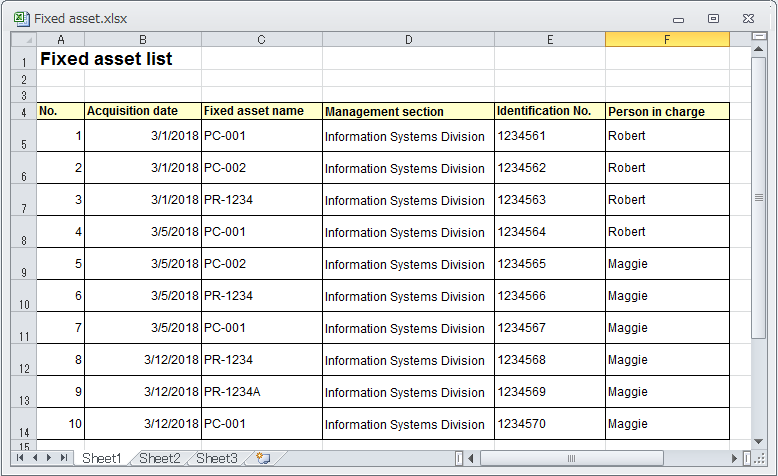

Familiarizing yourself with these skills will help you determine which ones your ideal candidates should have. There are a lot of things you can do with Excel - but the following six skills are the ones that separate the real experts from the rest.

Experts can use Excel for more advanced purposes like data analytics and simulation. Intermediate users should also have a working knowledge of charts.Īdvanced Excel skills are all about mastery over formulas, VBA (Visual Basic for Applications) programming, and other Excel features for handling complex tasks. Intermediate Excel skills include more advanced formulas and functions like SUM, AVERAGE, and SUMPRODUCT for efficient use of spreadsheets. Different view options like zooming in or out and showing formulas, and basic spreadsheet formatting also belong to the basic skillset for Excel. After that we'll cover Excel proficiency tests and other ways to assess Excel skills.īasic Excel skills include common Excel keyboard shortcuts, using cell references, styles, and ranges with data. Let’s take a look at the three tiers of Excel skills and then we’ll expand on the specific skills an advanced Excel user should have. The way Excel is used depends on the needs and duties of specific departments or job roles. Comparison between using screening questions and Excel proficiency testsĪdvanced knowledge of Excel means possessing the ability to use spreadsheets, graphing, tables, calculations, and automation efficiently to process large quantities of data relevant to business tasks.



 0 kommentar(er)
0 kommentar(er)
